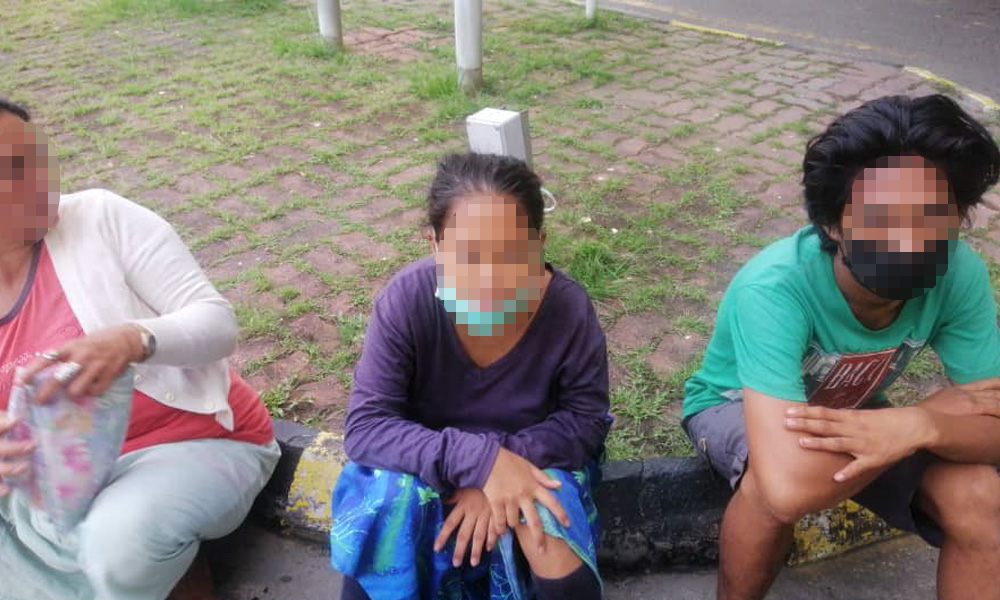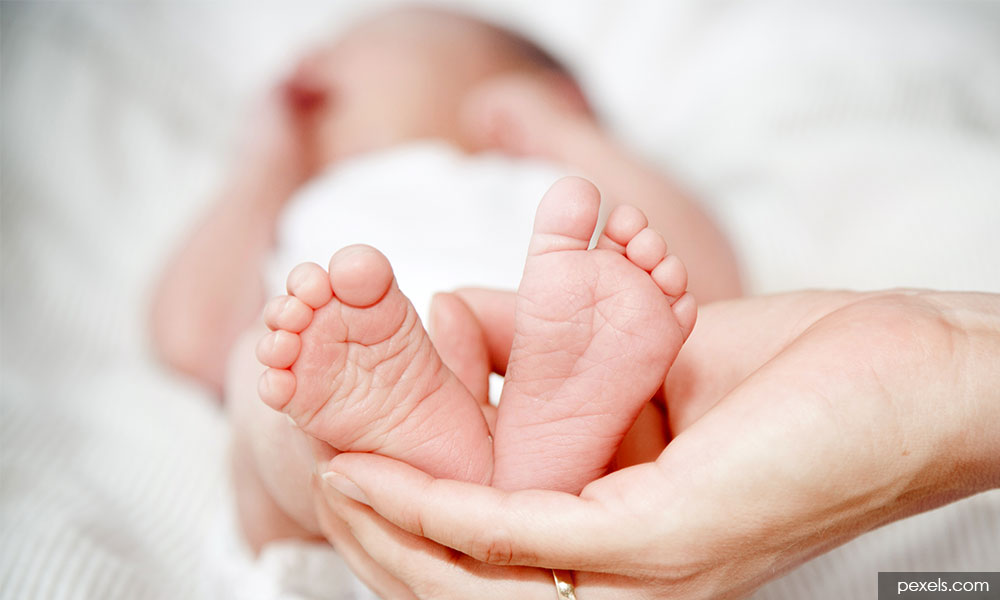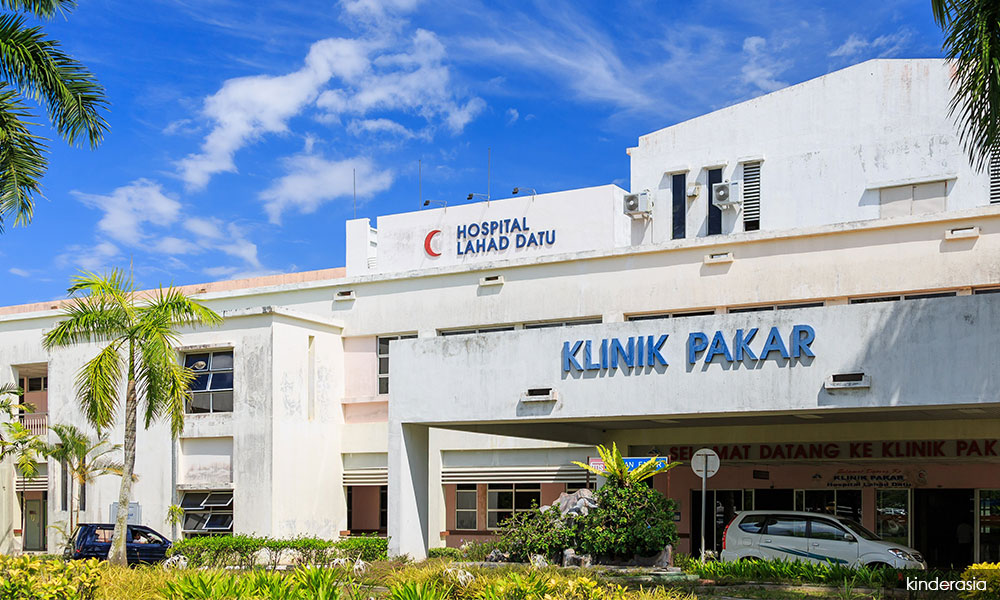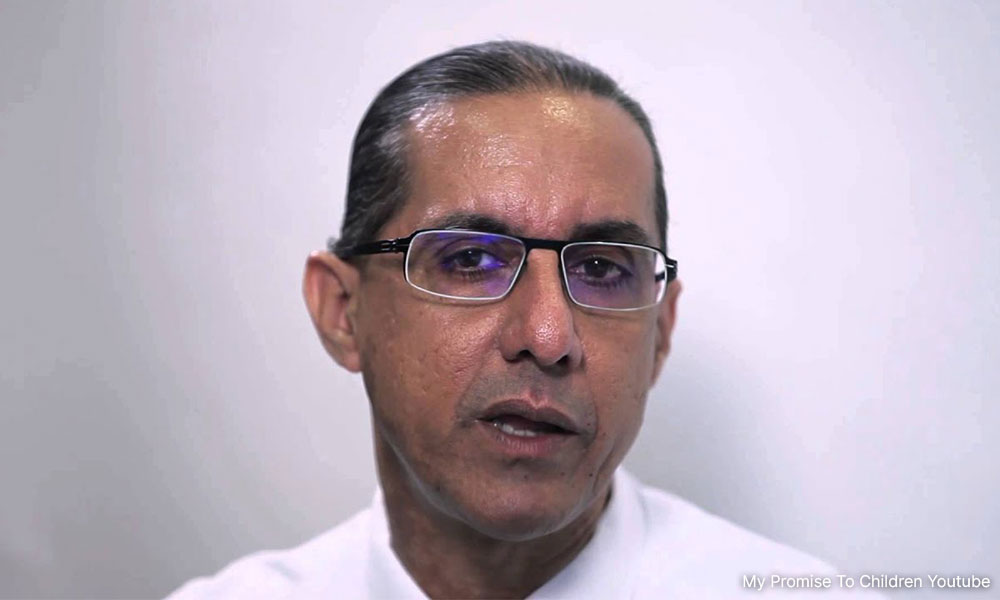After the distressing prospect of losing custody of her firstborn allegedly because she couldn’t pay the hospital fees, a stateless teenage mother is overjoyed to be home with her newborn.
However, the reunion is bittersweet. The young mother is now saddled with overwhelming debt.
To pay the fees charged by Lahad Datu Hospital, she was forced to borrow money from a notorious loan shark who preys on the community and extended a loan at a 100 percent interest rate.
The hospital claimed the allegations that the baby was not allowed to be discharged until payment was made were untrue. Instead, the child was undergoing treatment for an infection.
However, a witness told Malaysiakini the young Bajau Laut couple was on the hospital grounds in tears because they didn’t have enough money to pay the fees and get the baby discharged.
“They had no money. That’s why they planned for a home birth and didn’t want to go to the hospital but the baby may have been in a breech position so they had to go there.
“After paying RM500 to have the mother discharged, the couple was unable to raise an additional RM700 for their baby’s discharge.
“They were afraid they would not be able to take their baby home if they didn’t pay the RM700”, said the well-wisher who met the couple a little more than a week after the birth of their son on Feb 5.

Hospital: Claims of infant detention baseless
Last year, Malaysiakini documented cases of stateless mothers losing or almost losing custody of their babies without their permission.
In a 2020 case, a teen mother from the same village as this young mother committed murder-suicide and the hospital’s internal investigation of the incident found that news of losing custody of her child “compounded by the constant berating and badgering for settlement of hospital bills made the young girl anxious and depressed”.
A former village chief from the neighbouring village observed that stateless mothers were reluctant to deliver their babies at the hospital after the murder-suicide case.
When contacted, a Lahad Datu Hospital spokesperson said accusations that the baby was “detained” pending payment of RM700 was untrue.
The spokesperson said the mother was discharged and extended a discount on her fees. She paid RM500.
However, the baby had to be held back in the neonatal intensive care unit (Nicu) because he had infected lungs and neonatal jaundice.
“The baby needed oxygen, was administered antibiotics, and monitored by a specialist doctor for eight days. He was discharged on Feb 15 after the family paid RM500.
“Allegations that the baby was detained because the patient’s mother could not afford to pay the hospital bill are completely false and baseless as the hospital provides treatment to patients regardless of their background,” the spokesperson.
The mother’s hospital bill was RM3,805 while the infant’s was RM2,060.
They do not enjoy subsidised healthcare and are charged “foreigner fees” because they are stateless.
In debt for a lifetime
The young Bajau Laut mother who gave birth in January is aged 18 while her husband is 20 years old.

Undocumented and stateless, the family lives on about RM30 a day, which the husband makes in tips he gets as a wheelbarrow porter at the local market.
He said the difficulty in paying hospital bills has marred his elation at becoming a father, as lingering is the fear of carrying the loan shark debt for the rest of his life.
Their debt now amounts to more than RM6,000 owed in outstanding hospital bills and several lenders.
The notorious loan shark demands daily cash payments and defaulting on these repayments could further escalate their debts, he added.
Speaking to Malaysiakini via a translator, the couple described the rollercoaster of emotions when they realised there were complications with the pregnancy, and that she could not give birth at home as planned.
The couple and the well-wisher spoke to Malaysiakini on condition of anonymity, fearing harassment or reprisal from various authorities.
The teenage mother who lived on a boat off the coast of Semporna in eastern Sabah before moving to Lahad Datu five years ago is not proficient in Bahasa Malaysia.
Her husband is slightly more adept but struggles to express himself in more complex situations, rendering their appeals for additional leniency in fees ineffective.
Discharged three days after her caesarean section, the teenager said she walked to the hospital every day so she could nurse her infant in the Nicu.
‘Nicu ready to discharge baby but revenue dept refused’
Her husband said he had gone to the hospital with a pile of ringgit bills in denominations of RM1, RM5 and RM10 amounting to RM500 - which are funds raised from donations from neighbours and creditors - to pay for the baby’s hospital fees so they could return with their child.
However, he said, he was turned away, because the bill was about RM700.
Through a translator, the couple appealed to the hospital’s revenue department to extend a further discount of RM200, but their request was rejected, he said.
“The revenue officer insisted that they meet the required amount as it was already heavily discounted (from the actual billed amount),” the well-wisher, who acted as their translator, said.

He said at one point, the Nicu nurse called the couple to tell them their baby was ready for discharge and was crying for his mother.
The couple’s translator used this to convey the urgency for the baby to be reunited with his parents, and a senior revenue officer approved the RM500 payment, the first-time father explained.
It was only then that their baby was handed to them, they said.
Free healthcare for children
Suhakam, in investigating the issue of healthcare access for the stateless in Sabah, found that the Lahad Datu Hospital is RM3 million in the red because of fees not collected from undocumented people.
At the same time, the commission found the hospital’s standard operating procedure allows patients who are charged “foreigner fees” to pay in instalments.
However, consultant paediatrician Dr Amar Singh, in response to Malaysiakini’s reporting last year, said all children living in Malaysia should be afforded free healthcare, and this should be extended to their families.

“We should enact legal provisions that guarantee all children living in Malaysia the right to health care, regardless of their legal status - in line with the Convention on the Rights of the Child (Article 24), and our Child Act 2001 that protects every child in Malaysia.
“This legal provision should be extended to their families. We need to remove prohibitive and expensive medical treatment fees/charges levied on families who are migrants, refugees, or stateless,” he said. - Mkini




No comments:
Post a Comment
Note: Only a member of this blog may post a comment.